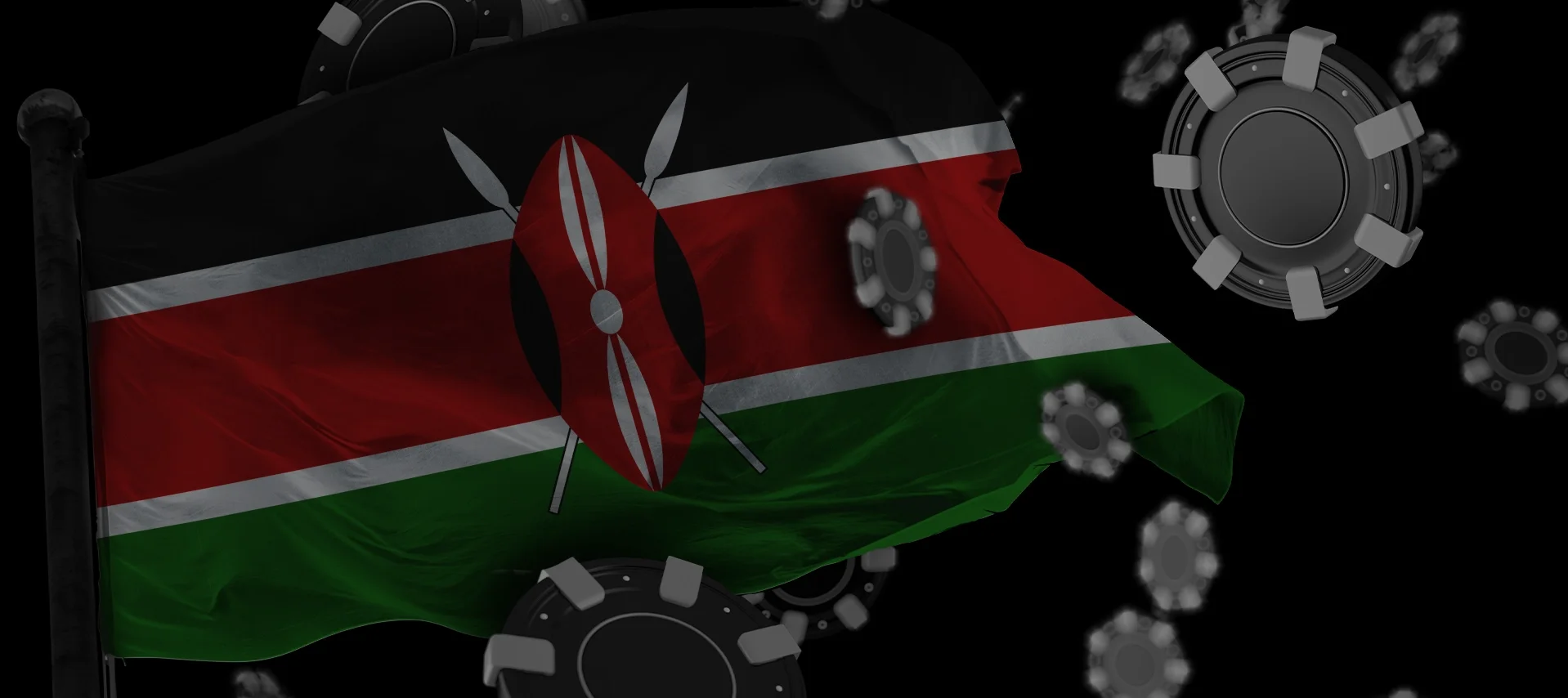With so many legitimate casinos, choosing one can be overwhelming, especially since all of them are marketed as the best. However, our team of experts has nearly two decades of experience in the industry and uses unique criteria for identifying dependable providers. Here are some of the things we consider when ranking real money online casino sites in Kenya:
- Licensing and Regulation: You shouldn’t be risking your money or wasting time on any casino that doesn’t have the proper licenses. This is the first thing we look at because a license indicates the casino’s operations are legal and transparent. Look for licenses from the BCLB or other reputable regulators.
- Independent Audits: The best way to determine if a casino has fair games and RNGs is through third-party audits from labs like eCOGRA and iTech Labs. Audits simply test the games to determine if the RTP percentages are accurate to ensure you have a fair chance of winning.
- Security and Safety: The best online casino sites are those that go the extra mile to make sure you are protected from cybersecurity threats like malware, unauthorized access, and privacy breaches. We look for casinos with the latest SSL Certificates and transparent privacy policies.
- Game Selection: The primary reason why you join online casinos is to enjoy real money games. We go through the game lobby to check the site’s selection of slots, table games, live dealer shows, crash games, scratchcards, and other options. Leading sites have thousands of top games from the best providers.
- Payment Methods: Most online casinos in Kenya feature a wide range of payment methods. You can use VISA, MasterCard, eWallets, and even local mobile options like Mpesa. We go through each payment method to identify sites with swift transactions, zero fees, and multiple options.
- Features: Casinos have many features, including sleek layouts, live dealer rooms, mobile-responsive designs, live chat options, tournaments, bonuses, and more. We examine these features to determine how they impact the overall gaming experience and how they compare with other leading gambling sites in Kenya.
- Customer Support: A good casino should provide multiple customer support channels. Most sites have a 24/7 live chat and emails, but some feature toll-free phone support and social media messaging. We look for sites that respond first and have friendly, helpful personnel and extensive on-site information.
Casinos to Avoid
Now that we’ve tackled our criteria for selecting the best online casino sites, it’s important to understand what to avoid. Here are three factors to take into consideration:
- Unlicensed Casinos: Gambling sites without a valid license should be avoided. There’s no way to prove if these sites are legitimate or scams with unfair games.
- Blacklisted Casinos: If the casino has been blacklisted or publicly banned from operating in Kenya, you’re better of finding an alternative. There’s probably a good reason why the site is blacklisted.
- Unprofessional Sites: Any site with an amateur design, slow-loading pages, annoying ads, redirects, poor customer service, and low-quality graphics should be avoided. These sites have a lackluster gaming experience.
Reliable and Secure
The two most important attributes of any online casino in Kenya are reliability and security. You need a reliable site you can trust to provide a satisfying, secure, and transparent gaming experience. What we look for first is the license to make sure the casino is permitted to offer gambling products.
The license information is usually indicated in fine print at the footer section of the site. If the site has no hyperlink on the license number, find out the licensing authority and visit the website to verify the number. Avoid casinos with unverifiable license numbers.
The next thing to assess is whether the site is protected by Web Server Certificates. Leading casinos use the latest SSL Certificates and antimalware software to protect you from interceptions and viruses. Secure casinos also have games from licensed software providers and legitimate payment services. We also encourage you to read the terms of service, especially the privacy section to see how the casino stores and uses your data.
Finally, you should check how the casino ensures fair results. The easiest way to verify this is by looking for certificates from auditing labs like eCOGRA and iTech Labs. You can also look up user reviews and expert rankings. Reliable casinos have a positive reputation and good ratings online.
Which Are the Entities That Protect the Players?
There are various entities established to protect the interest of casino players. These entities include gambling regulators, third-party auditors, responsible gambling organizations, and complaints departments:
- Gambling Regulators: These are bodies formed to oversee and regulate gambling activity in the region. In Kenya, gambling is regulated by the BCLB. However, you can play in casinos licensed by the UKGC or other offshore regulators. Gambling regulators basically design policies and standards to ensure a safe, fair, and sustainable industry for everyone involved.
- Third-Party Auditors: These are companies that dedicate their services to testing casino games, especially those that use random number generators (RNGs). Third-party labs run numerous tests to confirm the return to player (RTP) percentages casinos post. Their goal is to make sure the games deliver fair results that enable you to win or lose fairly.
- Responsible Gambling Organizations: These are charitable organizations that provide help to players who have a gambling problem or those who want help with various gambling-related issues. They provide various services, including game-blockers, self-exclusion frameworks, and toll-free numbers you can use to get advice from professionals and experienced players.
- Complaints Departments: These are departments that allow you to send complaints about your experience with a casino. If a site refuses to pay your winnings or treats you unfairly, you can report them to the complaints department, which logs the information into a public database and may follow up on the issue to get a resolution.


